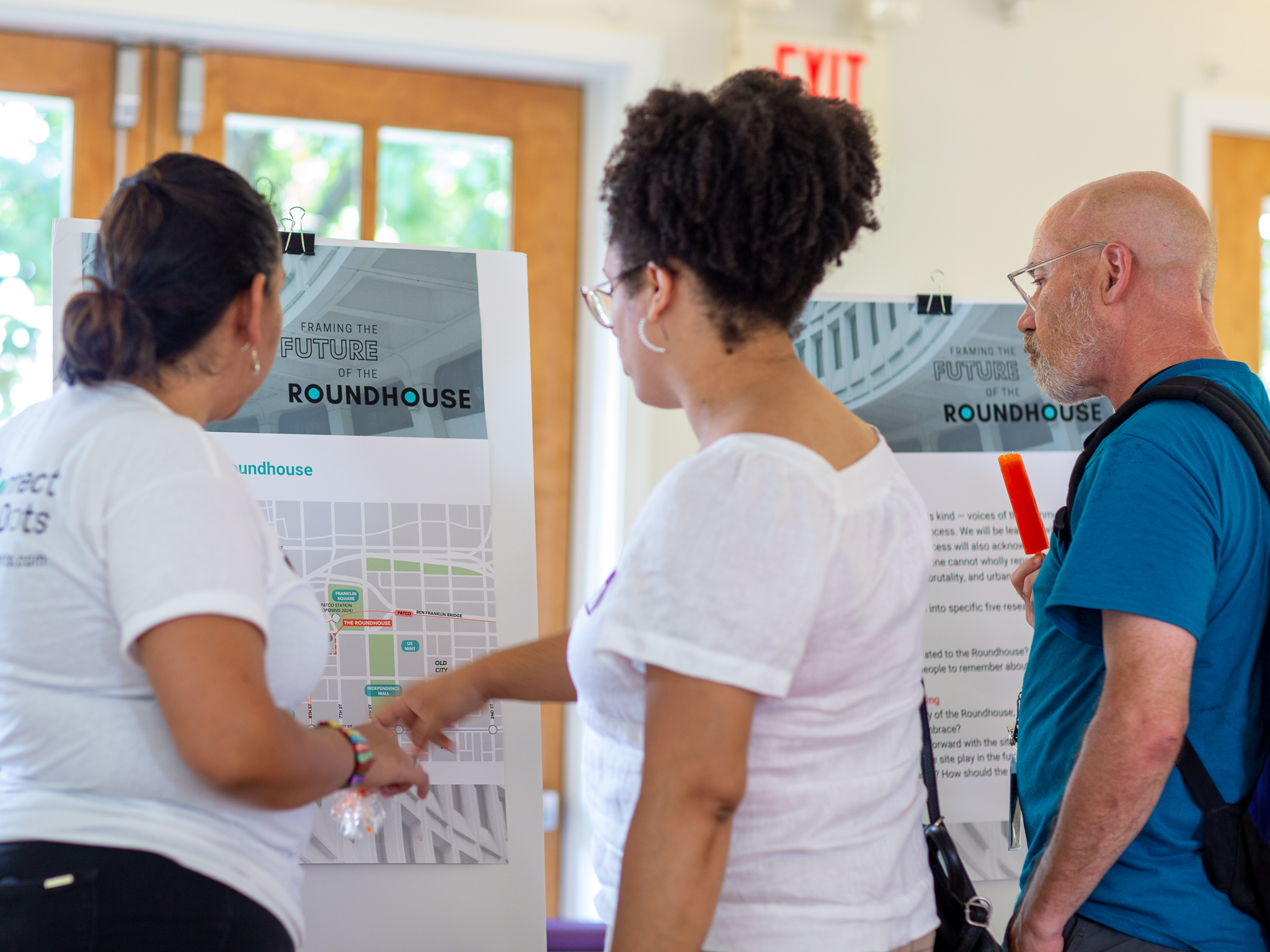
11 Dec 5 Years, 5 Questions, 5 Reflections with Sylvia
We sat down with CtD’s leadership to talk about the journey of Connect the Dots as we celebrate the milestone for 5 years in Philadelphia. Principal Sylvia Garcia-Garcia has been at CtD for nearly 3 years and comes from a background in strategic leadership. We asked her five questions about the journey to and beyond 5 years. We also interviewed Founder & CEO Marisa Denker. Read the interview with Marisa here.
Congratulations on reaching your 5th anniversary! This milestone is significant, but I know the road to get here was full of surprising twists and turns. How has CtD evolved since you first started? Are there any major changes or shifts in direction that stand out to you?
Two things come to mind when thinking about the evolution of Connect the Dots. The first one is, systemization. In order to have a sustainable practice, we had to create systems for ourselves to improve and perfect our practice. This has allowed us to grow.
Secondly, we shifted how we talk about the work we do and how we communicate it with others. Before our vocabulary maybe was more niche to a specific industry, but public engagement is something we’re stretching into other sectors and industries. We have a representation matters-mindset which we exemplify with the work we do, how we practice it, and even the people we hire.
You’ve recently received the International Association for Public Participation (IAP2) USA Core Values Award. Can you share what that recognition means to you personally and to CtD?
Personally, it’s a huge milestone because it was the first project that I worked on, here in the U.S. For me, it was like the first time I was doing what I know how to do, here. I was figuring out a lot at the same time but was doing what I love the most and doing it the best way I could.
For the team, it’s not only the pride of, look, we can do great things, but it’s also a humble reminder that people connect with their neighbors and groups in similar ways around the globe, and they want to build personal connections.
The award is also a good reminder to pause and admire the work we’ve done and celebrate our wins which we’re really good at doing for others but not always ourselves. Our work is something great to share and this award keeps us committed to do more of it.
How do you plan to use this award to further CtD’s goals in the next few years?
Tying it back to the first question and about how we want to expand to other sectors, this award is a success story to bring to other industries. It will help to start those conversations in spaces where it would benefit them to bring people [the public] to the table. It relates to our vision of bringing all voices into decision-making processes.
Internally, there is a lot of pride and joy being part of a team that does great things. The most valuable asset we have is our team and it’s exciting to think of what we can accomplish next especially as we expand into new spaces.
What are the core values that drive Connect the Dots, and how have those values shaped your growth and relationships with clients?
A few years ago, we sat down as a team and decided on our core values: Impact-Driven, Accessible, Creative, People-First, and Transparent. I was part of that conversation, and naturally, these values reflect what is important to me as well. What’s especially helpful is that these values are specific. They’re easy to communicate and demonstrate to clients and partners because they’re actionable, not just buzzwords. They provide a direct and tangible way to show, or give examples of, why and how we do things.
With the team, these values also serve as an accountability tool. In my leadership role, I bring projects to the table, and they should reflect the values we’ve agreed upon as a company. So, if I’m presenting a project to the team—saying, “Hey, we’re working on this”—I need to be accountable for ensuring that the project and the client align with our values. That means being accessible, impact-driven, people-first, and so on. In a way, these values act as accountability partners for me. They create a consistent thread throughout the entire process of a project.
What’s one lesson you’ve learned from managing a small business that you wish you had known when you first started?
When I started, this was something I knew, but now I actually know it. You don’t need to do it alone. I mean that in many different ways.
As an organization, you’re not the only one facing the challenges that you’re facing. As an employer, you’re not the only one going through all the challenges of managing a team. As a person, as a leader, you don’t need to do it by yourself and you don’t need to have all the answers.
And thanks to these values, when you align with others on what you find important, it’s possible to find partners out there that are willing to share their struggles to learn from, or share passions to advocate with together. It’s the same idea for your team to understand it too. You don’t need to have all the answers and we don’t have to do this by ourselves.
